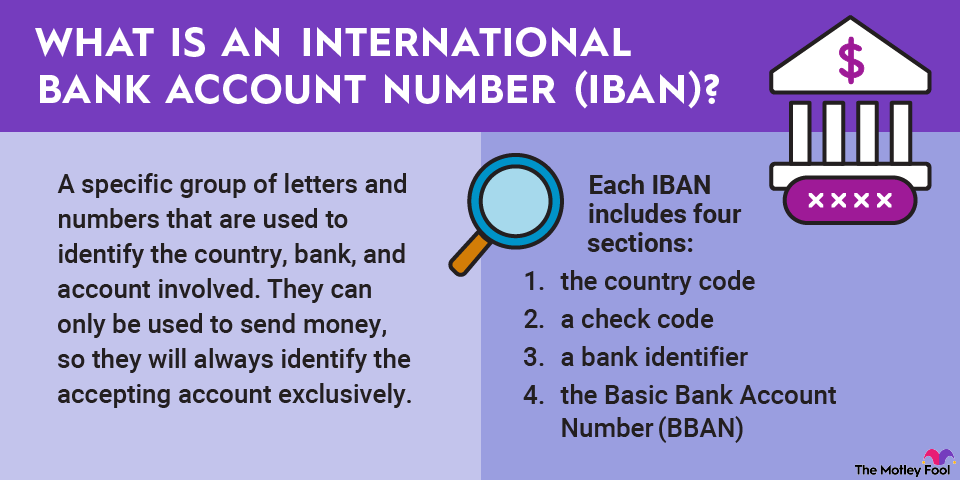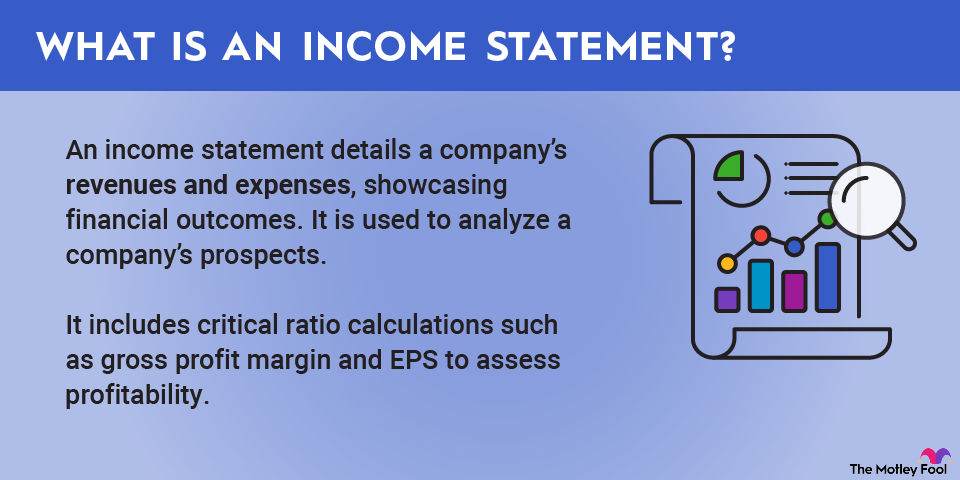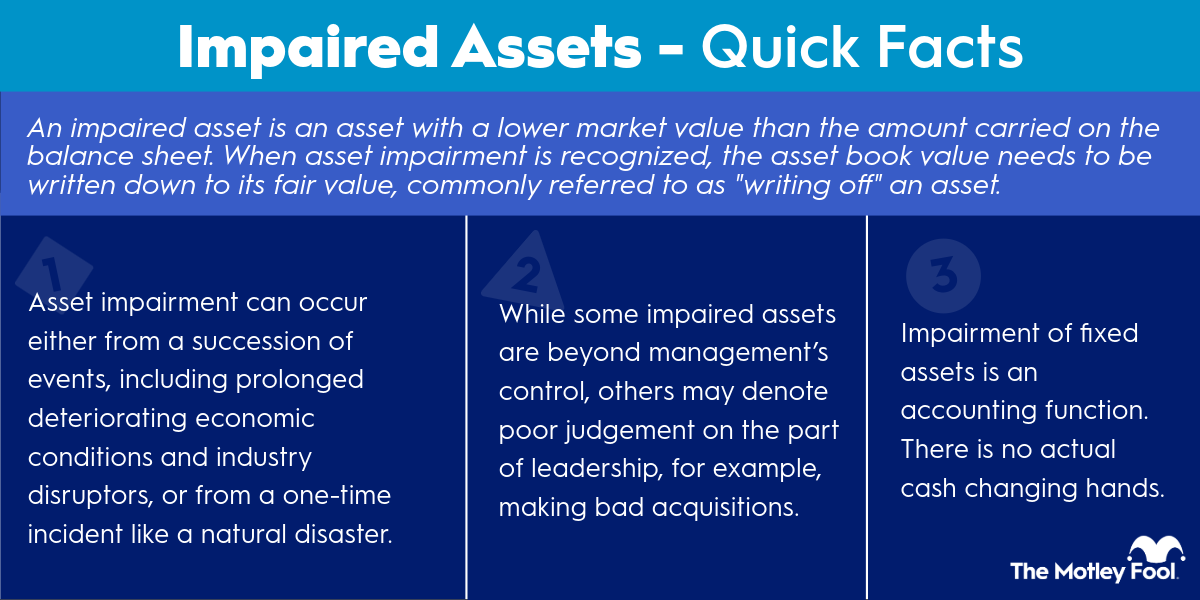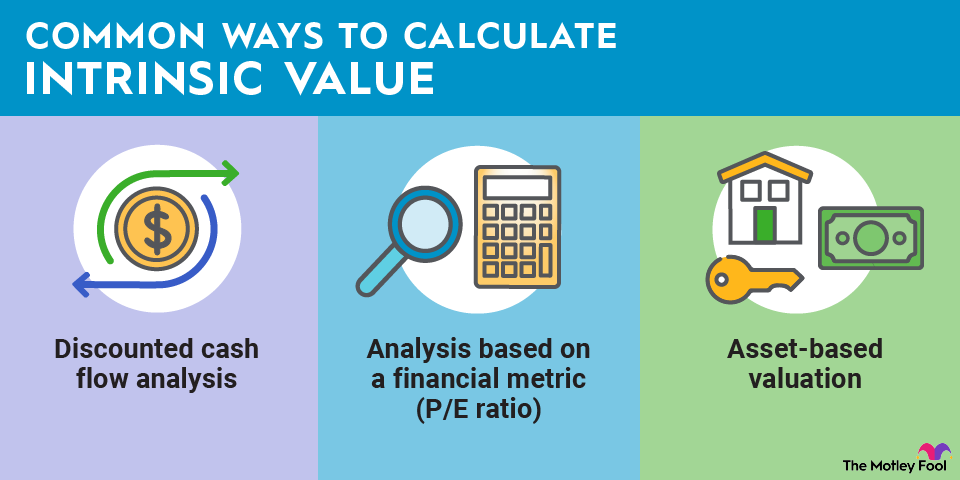If you’re of a certain age, the phrase “internet service provider” may bring to mind the sound of dial-up internet service provided by companies like America Online.
These days, the technology behind internet service providers (ISPs) has evolved, but the core product offering is the same. Internet service providers help consumers and businesses connect to the internet.

What do internet service providers do?
These days, internet service providers deliver connectivity through digital subscriber lines, (DSL), coaxial cable, fiber optic cable, fixed wireless, and satellite internet.
Internet service providers use these tools to serve both personal and business customers, and the different techniques are generally based on the other types of services they provide. Cable internet service providers provide broadband service through cable, and a number of satellite providers had their origins in satellite TV.
In addition to those businesses, ISPs may also offer packages that include email services, domain registration, web hosting, and other add-ons for business customers like a CTO and their team.
What are the differences among internet service providers?
Your choice of internet service provider will depend on a number of factors, including your location, your needs, and your required services.
For example, you may live in a rural part of the country where broadband internet is not available, so you might choose a mobile broadband connection. You could also use DSL from a landline phone line, satellite internet such as SpaceX’s Starlink, or fiber optic cable if it’s available in your area.
Internet service providers tend to compete on price, service, and speed, although consumers often have limited choices depending on the availability of providers. Because ISPs compete locally, there’s frequently limited competition in the industry because providers must invest in expensive infrastructure to provide internet service to their customers.
What are the challenges that internet service providers face?
Providing internet service is an essential business since the internet has become like any other utility. Internet providers, however, face a number of challenges in succeeding as a business.
Infrastructure
Providing internet service comes with infrastructure costs. Most internet service relies on physical connectivity through cable or DSL phone lines; satellite service also comes with the costs of building and maintaining satellites.
Weather can also be a challenge in delivering internet services. Storms and other weather events can disrupt services, and ISPs have to be able to restore service quickly. Additionally, internet outages can occur even without inclement weather due to old or faulty equipment or data center problems.
Finally, cybersecurity is also an issue for internet service providers since these companies are supposed to protect their customers from cyberattacks.
What’s an example of an internet service provider?
Many consumers and businesses have a number of different options when they go to look for an internet service provider since there are both national and local companies that provide internet access.
Among the biggest is Comcast (CMCSA -0.08%), which finished 2022 with 32.2 million broadband customers. It’s also the nation’s biggest cable provider and many of its customers choose to bundle services like cable, internet, and a landline phone.
Related investing topics
Like other cable providers, Comcast has faced headwinds in the cable industry due to cord-cutting, but it continues to expand its broadband services to new markets in rural areas with the company. It plans to expand its market by 1 million customers in 2023, including both homes and businesses.
Since the internet is an essential utility, it should remain a growth market for Comcast even as its base of cable subscribers shrinks.
However, the methods for providing internet service have evolved significantly since the dawn of the World Wide Web, and they could change again, especially as innovations like SpaceX’s Starlink hit the market.
One thing’s for sure: The internet isn’t going anywhere, and it will remain an essential utility for consumers and businesses.


















